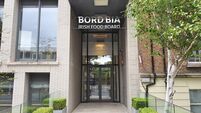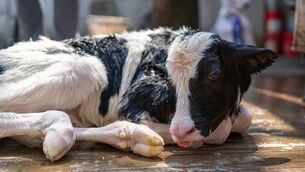Rural Social Scheme aims to harness talent
All current participants on Community Employment Schemes with a herd number will automatically transfer to the Rural Employment Scheme. The Community, Rural and Gaeltacht Affairs Minister said the new scheme will help to free up places on Community Employment Schemes, which will then be allocated to both urban and rural areas.
The focus of the scheme, which will provide about 2,500 community work places, is to provide ongoing income and employment support to small farmers who can no longer make a viable living on the land.










